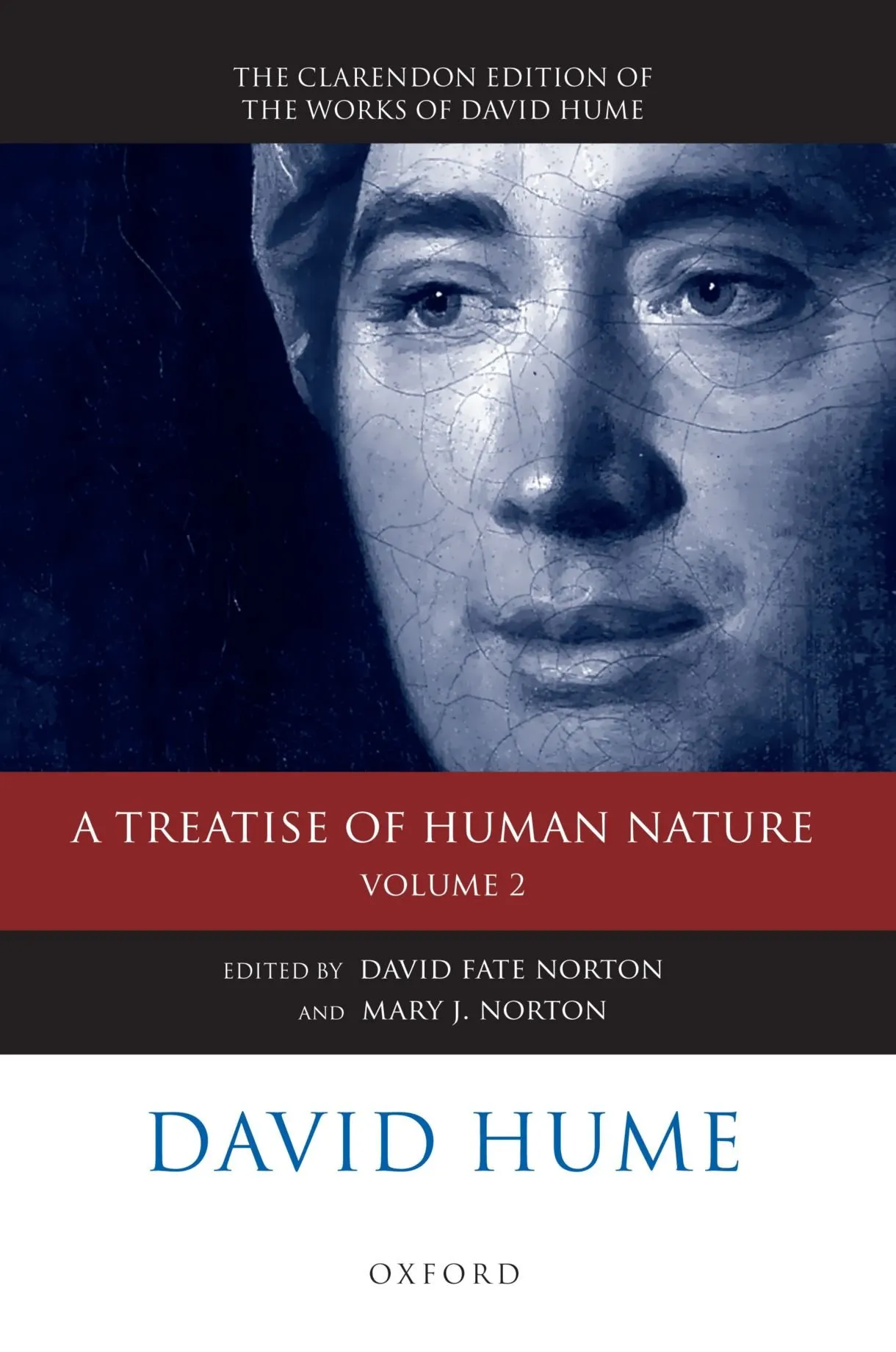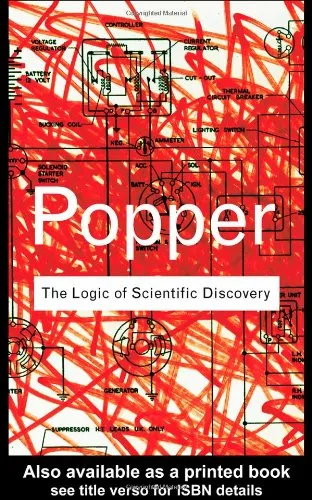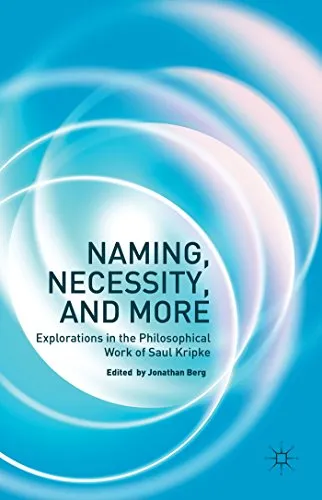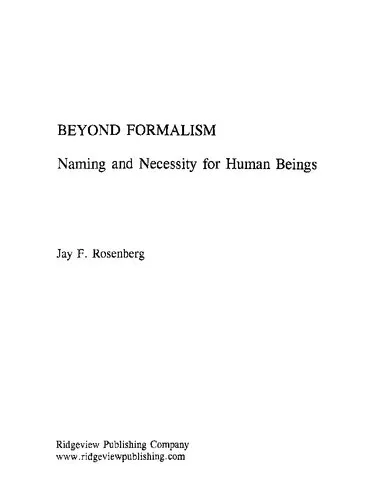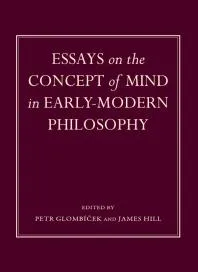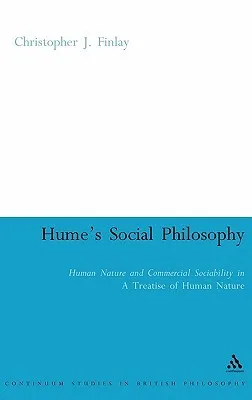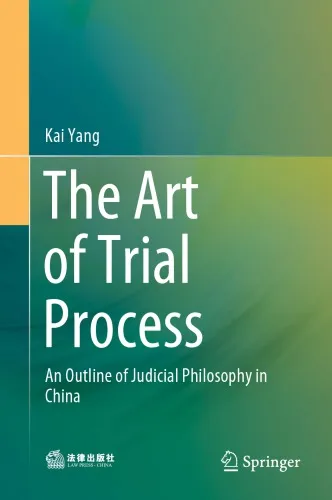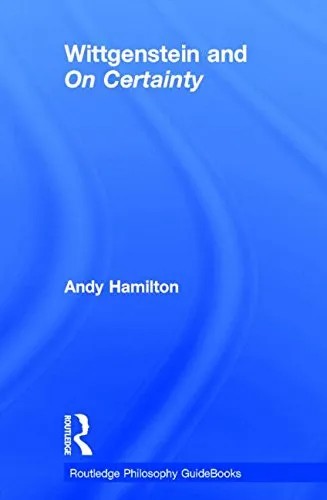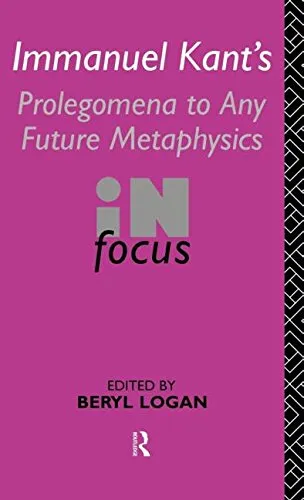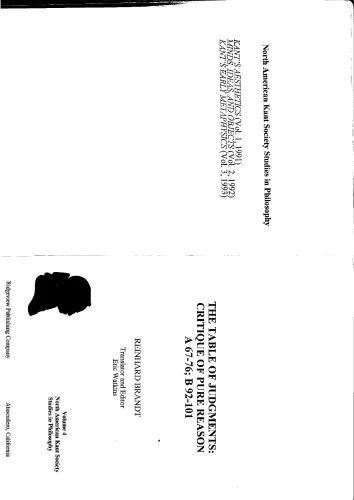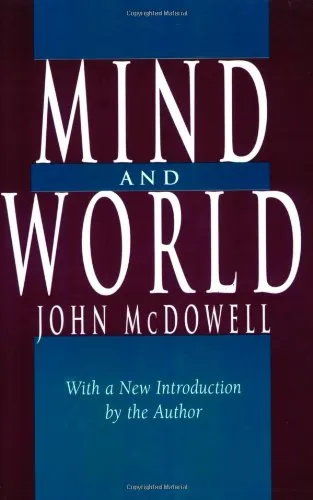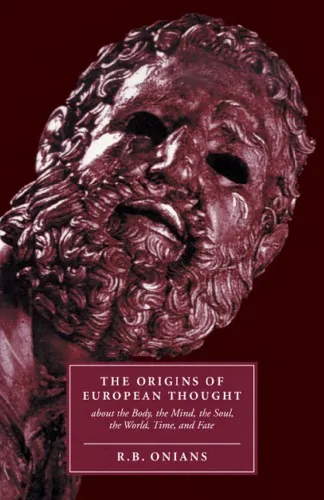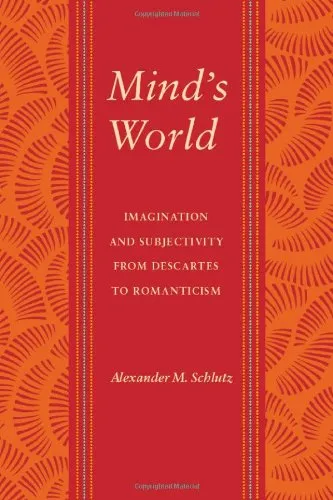A Treatise of Human Nature, Volume 2: Editorial Material
4.5
بر اساس نظر کاربران

شما میتونید سوالاتتون در باره کتاب رو از هوش مصنوعیش بعد از ورود بپرسید
هر دانلود یا پرسش از هوش مصنوعی 2 امتیاز لازم دارد، برای بدست آوردن امتیاز رایگان، به صفحه ی راهنمای امتیازات سر بزنید و یک سری کار ارزشمند انجام بدینکتاب های مرتبط:
معرفی کتاب
کتاب 'A Treatise of Human Nature, Volume 2: Editorial Material' نتیجه تلاشهای فراوان دیوید هیوم و ویرایشهای دیوید فیت نورتون و مری جی نورتون است. این کتاب بهطور جامع به تحلیل مفاهیم اساسی درون فلسفه هیوم میپردازد و ارائهای نو و تفصیلی از تحقیقات او در مورد طبعیت انسانی فراهم میکند. با تمرکز بر موضوعات مهمی مانند معرفت شناسی، ذهن و اخلاق، این اثر یکی از مهمترین و تأثیرگذارترین کتابهای فلسفی در تاریخ میباشد.
خلاصهای از کتاب
این جلد از کتاب به تفسیر و تحلیلی دقیق و عمیق از آثار هیوم میپردازد و به خوانندگان نگاهی جامع به دیدگاههای او ارائه میدهد. هیوم با استفاده از روششناسی تجربی، سعی در توضیح نحوه عملکرد ذهن انسان، چگونگی دستیابی به معرفت و مبانی اخلاقی دارد. این کتاب به تفصیل به مفاهیمی مانند causation، personal identity و احساسات اخلاقی میپردازد.
نکات کلیدی
- تأکید بر روششناسی تجربی بهعنوان مبنای تحقیقات فلسفی.
- تحلیل دقیق از احساسات و نقش آنها در اخلاق و تصمیمگیری.
- بحث درباره personal identity و مفهوم تغییر در طول زمان.
- بررسی اهمیت عادات در فرآیند شناخت و یادگیری.
نقل قولهای معروف از کتاب
"Reason is, and ought only to be the slave of the passions, and can never pretend to any other office than to serve and obey them."
"Custom, then, is the great guide of human life. It is the principle alone, which renders our experience useful to us, and makes us expect, for the future, a similar train of events with those which have appeared in the past."
چرا این کتاب مهم است
A Treatise of Human Nature به دلیل ارائه دیدگاههای نوین و تحلیلهای دقیق از ذهن و رفتار انسان، مرجع اصلی برای مطالعه فلسفه تجربی شناخته میشود. اهمیت این کتاب نه تنها بهخاطر تئوریهای ارائهشده توسط هیوم، بلکه بهدلیل تأثیر شگرفی که بر فلسفه مدرن داشته است، قابل چشمپوشی نیست. این کتاب به وضوح نشان میدهد که چگونه اصول فلسفی میتوانند با روشهای تجربی تعامل داشته باشند و دیدگاههای جدیدی درباره انسان و شناخت بشری تولید کنند.
Welcome to the detailed introduction of A Treatise of Human Nature, Volume 2: Editorial Material, a comprehensive examination of David Hume's profound philosophical insights. Edited by David Fate Norton and Mary J. Norton, this volume provides a meticulous investigation into Hume's groundbreaking ideas, offering readers not just a look at his theories, but a deep dive into the rich context and enduring influence of his work.
Detailed Summary of the Book
In A Treatise of Human Nature, Volume 2: Editorial Material, the Norton editors present a thoughtful analysis of Hume's notable attempts to study human nature through the lens of empirical observation and rational inquiry. This second volume is part of a larger project known as A Treatise of Human Nature, originally published between 1739 and 1740. Hume's work is historically significant as it shifted the focus from metaphysical constructs to human psychology as a basis for understanding knowledge, emotion, and morality.
David Hume, in his writing, embarks on dissecting the mind's capabilities and limitations, intent on illustrating how human understanding works and how passions play a meaningful role in our decision-making processes. This volume provides editorial insights into Hume's ideas in the context of his era and their reception in the centuries that followed. The editors meticulously present the background to Hume's thought, examine the text’s complex terminology, and explore the detailed arguments set forth in his philosophical system.
Key Takeaways
- Hume's philosophy underscores the importance of empirical evidence and observations in building knowledge, rejecting the idea that certain truths can be known a priori.
- The interplay of human emotion and reason is central to understanding morality and decision-making, which challenges the traditional view of reason as the dominant factor in ethical understanding.
- Hume famously introduces the problem of induction, questioning how we can justify our beliefs about the world based on past experiences.
Famous Quotes from the Book
"Reason is, and ought only to be the slave of the passions, and can never pretend to any other office than to serve and obey them."
"The mind is a kind of theatre, where several perceptions successively make their appearance; pass, repass, glide away, and mingle in an infinite variety of postures and situations."
Why This Book Matters
Hume’s work in A Treatise of Human Nature remains relevant due to its foundational role in the development of modern philosophical thought. This volume's editorial material enriches our understanding of Hume's contributions by situating his ideas within a broader intellectual context, revealing their evolution and impact over time. The in-depth editorial analysis aids readers in grasping the nuances of Hume’s arguments, encouraging a deeper appreciation of the complexities involved in the study of human nature and cognition.
This edition is crucial not only for students of philosophy but also for anyone interested in the overarching questions of human existence and the mechanisms of our mental faculties. The editorial guidance in Volume 2 facilitates a more accessible engagement with Hume's work, promoting an enriched understanding of its long-term influence on subjects ranging from psychology and ethics to epistemology and beyond.
دانلود رایگان مستقیم
شما میتونید سوالاتتون در باره کتاب رو از هوش مصنوعیش بعد از ورود بپرسید
دسترسی به کتابها از طریق پلتفرمهای قانونی و کتابخانههای عمومی نه تنها از حقوق نویسندگان و ناشران حمایت میکند، بلکه به پایداری فرهنگ کتابخوانی نیز کمک میرساند. پیش از دانلود، لحظهای به بررسی این گزینهها فکر کنید.
این کتاب رو در پلتفرم های دیگه ببینید
WorldCat به شما کمک میکنه تا کتاب ها رو در کتابخانه های سراسر دنیا پیدا کنید
امتیازها، نظرات تخصصی و صحبت ها درباره کتاب را در Goodreads ببینید
کتابهای کمیاب یا دست دوم را در AbeBooks پیدا کنید و بخرید
1303
بازدید4.5
امتیاز0
نظر98%
رضایتنظرات:
4.5
بر اساس 0 نظر کاربران
Questions & Answers
Ask questions about this book or help others by answering
No questions yet. Be the first to ask!
